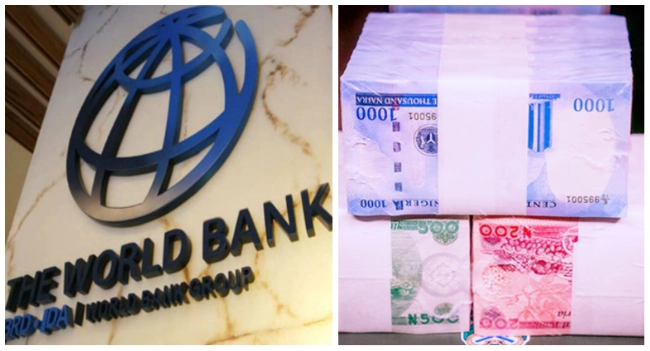The World Bank has highlighted the inadequacy of Nigeria’s public expenditure on education and health, calling it insufficient by any standard. In its report titled “Human Capital Public Expenditure and Institutional Review,” the World Bank detailed several critical points regarding Nigeria’s public spending on these essential sectors:
- Overall Public Spending:
- Nigeria’s overall public expenditure is only 12% of its Gross Domestic Product (GDP), compared to the Sub-Saharan African average of 17.2% and the lower middle-income countries average of 18.5%.
- Over the past five years, Nigeria’s expenditure on health and education has ranged between 10% and 12% of GDP.
- Inadequate Investment:
- Public expenditure on education and health is notably insufficient to deliver adequate essential public services.
- A significant portion of spending on health is out-of-pocket, which excludes many Nigerians from accessing necessary health services.
- Per Capita Spending:
- Public expenditure per capita on education is $23, and on health, it is $15.
- Of the $23 per capita spent on education, states contribute $14, and the federal government spends the remaining amount.
- For health, states spend $8.5 of the $15 per capita.
- Comparison to Peers:
- The spending levels in Nigeria are low compared to similar countries, especially given the significant issues like high rates of out-of-school children and child mortality.
- Budget Allocations:
- Allocations to education and health were 10.1% and 6.6% of overall spending (federal and state) in 2021.
- The largest budget shares were for General Public Services (24.2%) and Economic Affairs (18.4%), with debt charges within General Public Services taking up 17.6% of the budget.
- Social sectors, including education, health, and social protection, received less than a quarter of the national budget in 2021.
- State vs. Federal Spending:
- States spend more than the federal government on primary health and basic education.
- In absolute terms, states spent ₦1,299 billion on education and ₦731 billion on health, compared to federal spending of ₦773 billion and ₦610 billion, respectively.
- Education constituted the third-highest spending for state governments, followed by health spending.
- Recommendations:
- To ensure adequate financing for health and education services, it is recommended to increase state budget execution rates and both federal and state allocations in the medium to long term.
The World Bank report underscores the critical need for increased investment in education and health to address the current inadequacies and meet the essential public service needs of the Nigerian population.




